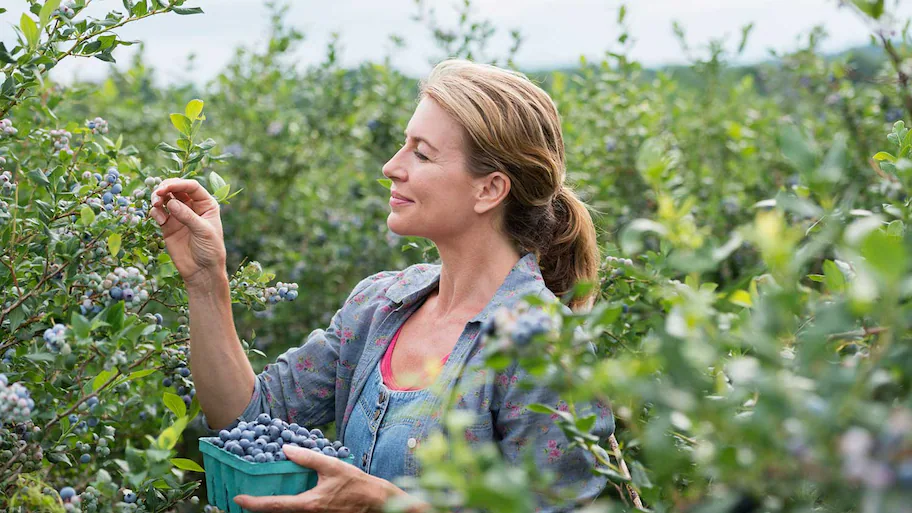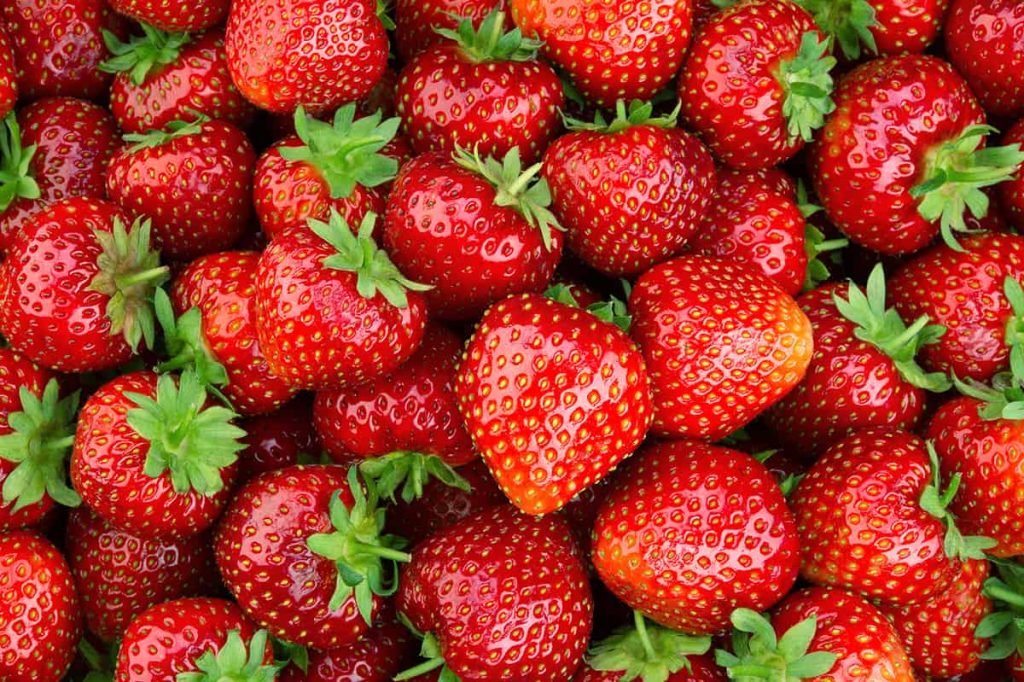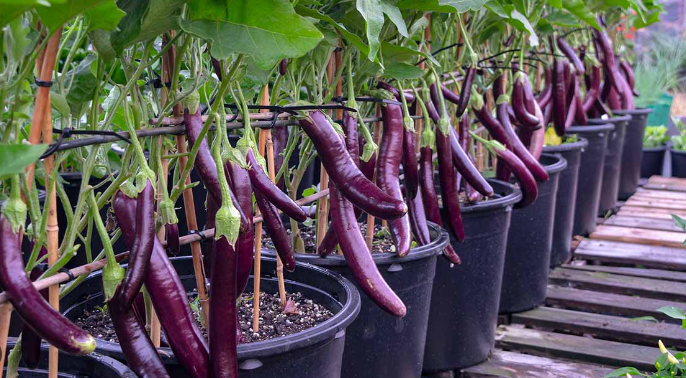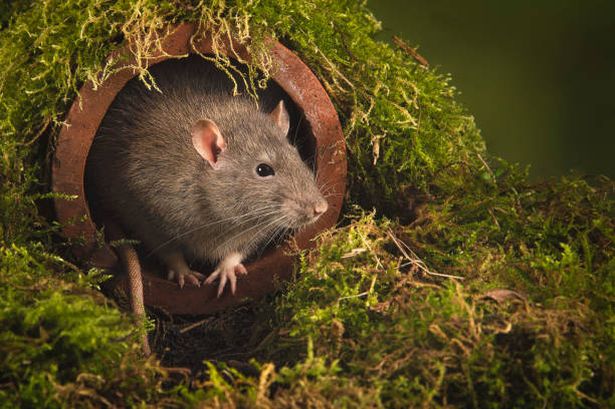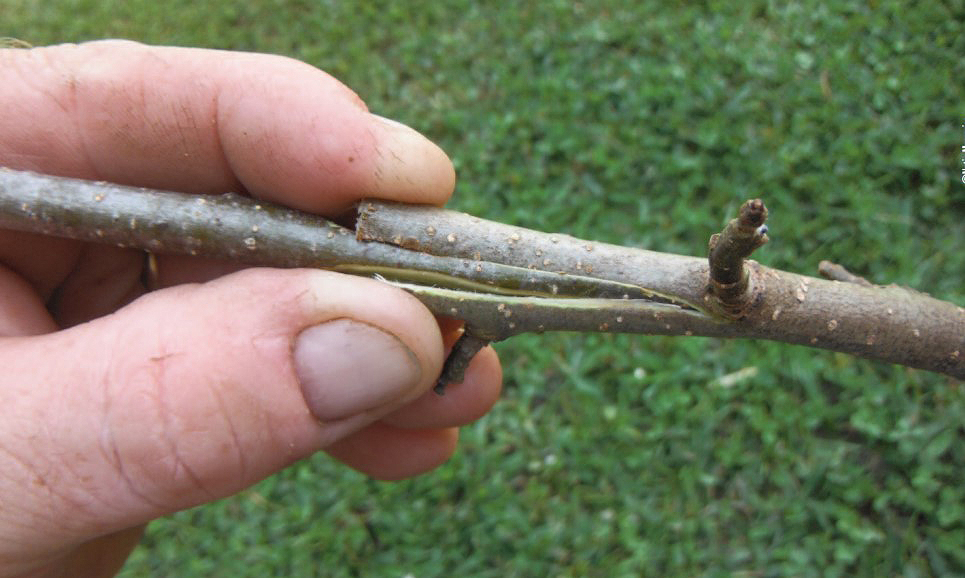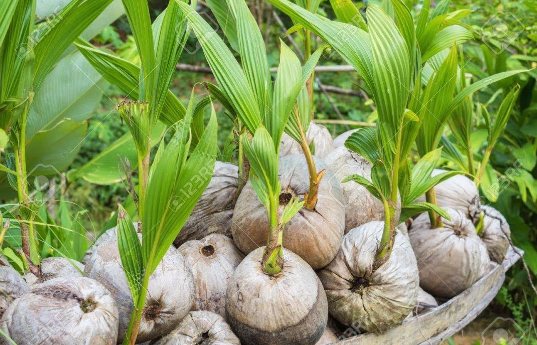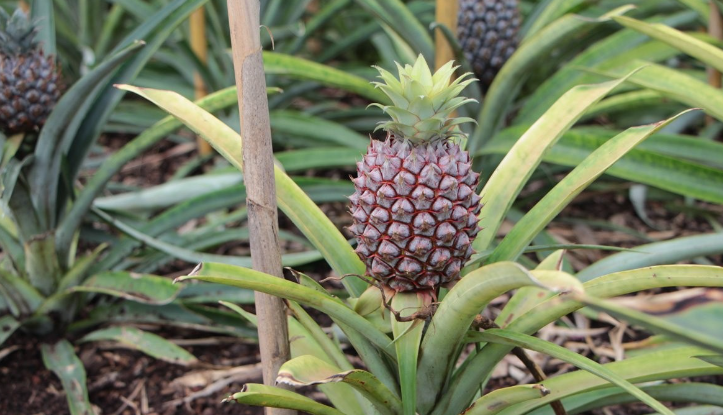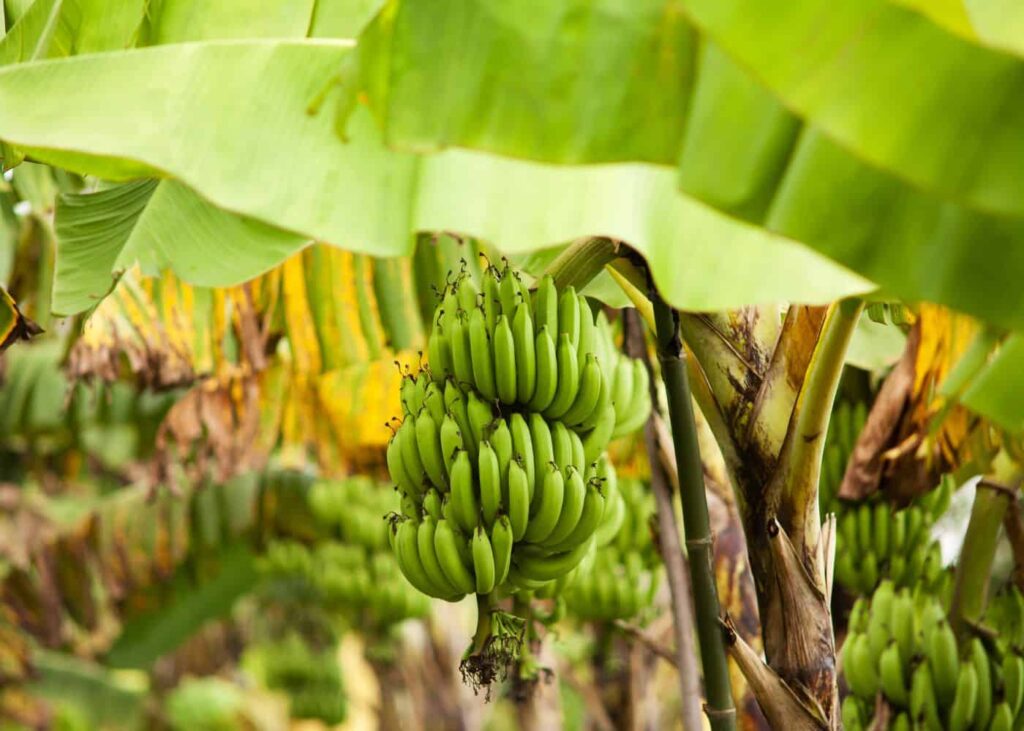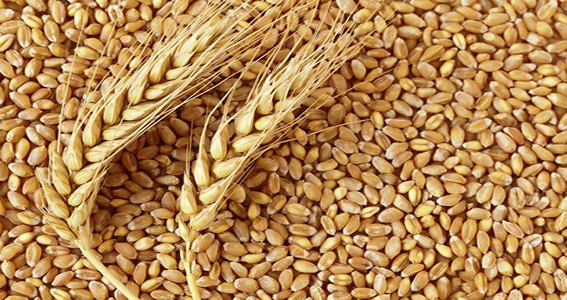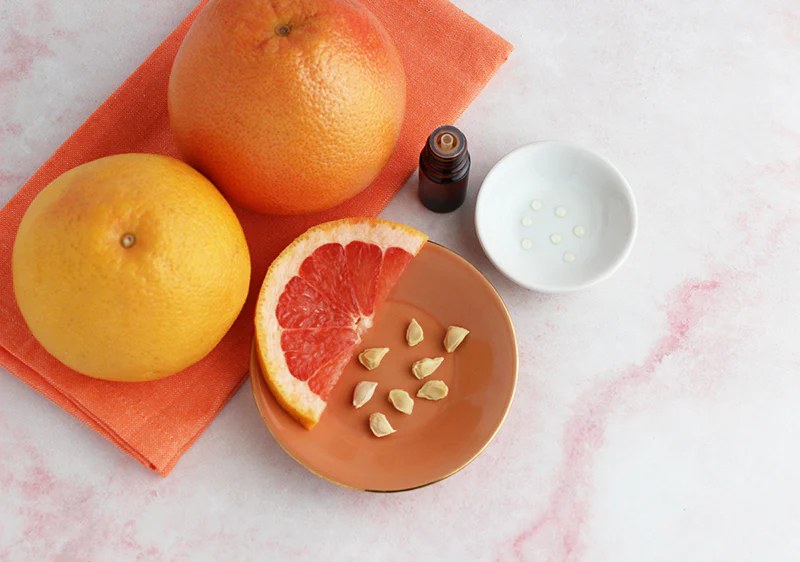People love fruit trees not only because they look nice but also because they give us lots of tasty and healthy fruits.
To help fruit trees grow well and produce a lot of fruit, they need the right kind of care and food. A lot of people who grow fruit trees wonder if using mushroom compost is a good idea for their trees.
Table of Contents
- What Is Mushroom Compost?
- How Does Mushroom Compost Help Fruit Trees?
- 1. Better Soil and More Nutrients
- 2. Soil That Holds Water Well
- 3. More Organic Stuff and Tiny Life in the Soil
- 4. Keeping Diseases and Pests Away
- Tips for Using Mushroom Compost with Fruit Trees
- 1. Getting the Ground Ready for Planting
- 2. Mixing Mushroom Compost with the Soil
- 3. Using Mushroom Compost as Mulch
- 4. How Often and When to Add Compost
- Be Careful with Mushroom Compost
- 1. Watch Out for Too Much Salt
- 2. Make Sure the Trees Get What They Need
- 4. Choosing Good Mushroom Compost
- True Stories of Success
- Common Myths About Mushroom Compost and Fruit Trees
- Final Thoughts
- Frequently Asked Questions
- Can mushroom compost be used for all types of fruit trees?
- How long until mushroom compost helps my fruit trees?
- Is mushroom compost okay to put near the tree trunk?
- Can mushroom compost be the only fertilizer I use for my fruit trees?
- Can I make mushroom compost myself?
What Is Mushroom Compost?
Mushroom compost is a kind of organic matter left over from farming mushrooms. It’s also called mushroom soil or substrate.
This compost is made from different organic stuff like straw, horse or chicken poo, and leftovers from farms. This mix goes through a special composting process to make a really good ground for mushrooms to grow in.
It has a lot of nutrients like nitrogen, phosphorus, potassium, and other small nutrients. Mushroom compost has useful tiny life forms and things that help the soil be healthy and able to grow plants well. It’s also been treated to get rid of any bad germs or seeds from weeds, so it’s safe to use in your garden.
How Does Mushroom Compost Help Fruit Trees?
Mushroom compost can really help fruit trees by making them grow better and stay healthy.
1. Better Soil and More Nutrients
The compost gives the ground extra nutrients that the fruit trees need to grow big and make fruit.
It has organic matter that makes the soil better for roots and helps the trees get the food they need. The compost slowly gives out these nutrients over time, so the trees always have what they need.
2. Soil That Holds Water Well
Mushroom compost helps the soil hold onto water and food for the plants.
Fruit trees like soil that drains water well, and adding this compost can make the soil just right for them. Because it keeps moisture, the trees don’t need to be watered as often, which is really helpful when it’s hot and dry.
3. More Organic Stuff and Tiny Life in the Soil
When you add mushroom compost to the soil, it makes the ground more fertile and alive with tiny organisms.
These tiny creatures break down the compost even more, which makes more food for the plants and helps air get into the soil. This makes the soil a great place for fruit trees to spread their roots.
4. Keeping Diseases and Pests Away
Mushroom compost can also help stop diseases that come from the soil.
The good tiny life in the compost fights off sicknesses, keeping the fruit trees safe. Also, with lots of different tiny creatures in the soil, it’s harder for bad bugs to hurt the trees.
Tips for Using Mushroom Compost with Fruit Trees
It’s important to use mushroom compost the right way to get all the good things from it.
1. Getting the Ground Ready for Planting
Before you plant fruit trees, you need to set up the ground. Take out any weeds or trash and check that the water can drain.
Test the soil to see what it’s made of and how sour or sweet it is (this is the pH). This will help you know how much mushroom compost and other food the trees will need.
2. Mixing Mushroom Compost with the Soil
When you plant the trees, add mushroom compost to the soil you put in the hole around the roots.
Combine the compost with the dirt so the roots can reach it all over. It’s like making a special mix just for the trees.
3. Using Mushroom Compost as Mulch
You can also put mushroom compost around the tree like a blanket of mulch.
Put down a layer but don’t let it touch the tree trunk. This mulch keeps the ground moist, stops weeds, and gently adds nutrients to the soil over time.
4. How Often and When to Add Compost
Giving your fruit trees mushroom compost every year or two helps to keep them happy and healthy.
The best time to do this is early in the spring, when the trees are starting to grow again. Don’t add compost too close to when you pick the fruits, as it might change how they taste. So, late in the season is not a good time for new compost.
Be Careful with Mushroom Compost
Mushroom compost is great, but there are a few things to keep in mind.
1. Watch Out for Too Much Salt
Some mushroom compost can have a lot of salt, which isn’t good for all plants. Check how much salt is in your compost, or choose one that you know is made well and doesn’t have too much salt.
2. Make Sure the Trees Get What They Need
Fruit trees need different food at different times in their life. Make sure to keep checking what’s in the soil and use the right amount of mushroom compost. You might also need to add other fertilizers to give the trees exactly what they need.
Mushroom compost can bring a lot of good to your garden, but using too much isn’t a great idea. It can make the soil less than perfect.
To use it right, always check how much you should use and don’t put it too close to the trunk of the tree. This could make it too wet and cause problems like rotting or bugs.
4. Choosing Good Mushroom Compost
It’s a smart move to pick mushroom compost from a place that has a good name for making it right.
Find compost that’s made the way it should be and meets high standards. Good compost is cleaner and works better to help your fruit trees.
True Stories of Success
A lot of people who grow fruit trees say that using mushroom compost made a big difference.
- “After I started using mushroom compost for my apple trees, everything got better. The trees look strong and the apples are better, too. There’s so much more fruit now!” – John, Apple Farmer
- “I wasn’t sure about mushroom compost at first, but I’m really happy with how it helped my peach trees. They’re doing great and the peaches are the best they’ve ever been.” – Sarah, Peach Grower
Common Myths About Mushroom Compost and Fruit Trees
Some people have the wrong idea about using mushroom compost for fruit trees. Let’s clear up a few things:
Myth: Too much leafy growth with mushroom compost
Truth: Mushroom compost gives nutrients, but it won’t make your trees grow wild. You just need to keep them trimmed and take care of them as usual.
Myth: It will bring in bugs
Truth: The compost doesn’t bring in bugs by itself. But if you water too much or leave rotten fruit around, that can be a problem. Always keep things clean and deal with pests the right way.
Myth: It changes the taste of fruit
Truth: If you use it properly, mushroom compost won’t change how your fruit tastes. It actually helps the soil which is good for growing tasty fruit.
Final Thoughts
Mushroom compost can really help fruit trees. It’s got nutrients, makes the soil better, and good things grow.
If you use it the right way and watch out for any problems, mushroom compost can make your trees healthier and your fruit even more yummy.
Frequently Asked Questions
Can mushroom compost be used for all types of fruit trees?
Yes, you can use mushroom compost for all kinds of fruit trees like apples, peaches, pears, and citrus. But make sure to think about what each tree needs and use the right amount of compost.
How long until mushroom compost helps my fruit trees?
It can be different for each tree. It might take a few months or even a year before you see better growth and more fruit. That’s if you use the compost right.
Is mushroom compost okay to put near the tree trunk?
You should keep some space between the compost and the tree trunk. You don’t want it to get too wet because that could cause rot. Spread the compost around the base, but not touching the trunk.
Can mushroom compost be the only fertilizer I use for my fruit trees?
Mushroom compost is full of good stuff, but your trees might need more. You should use other fertilizers, too, after you test the soil to see what it needs.
Can I make mushroom compost myself?
Yes, you can make your own mushroom compost if you learn how to do it properly. But if you’re not sure, you can always buy it from good stores that sell it.
